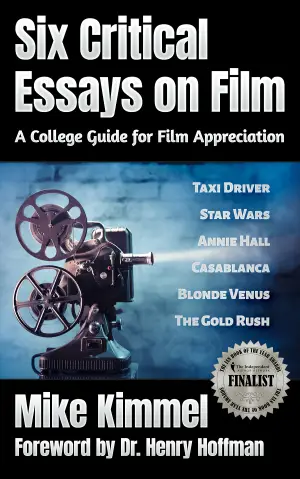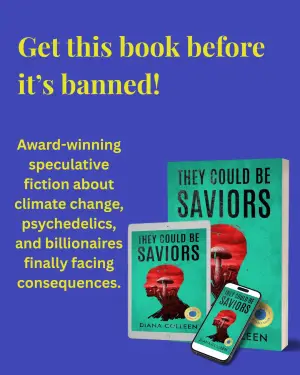
27 May Book Review of Creativity: A Short and Cheerful Guide
Unleashing Creativity with John Cleese: A Vibrant Journey Through His Short Guide
Creativity has always been a tantalizing concept for me—an elusive puzzle waiting to be solved. When I stumbled upon Creativity: A Short and Cheerful Guide by John Cleese, I couldn’t resist the opportunity to dive into the mind of one of the most iconic figures in comedy. Cleese’s wit and wisdom from the worlds of Monty Python and Fawlty Towers made it impossible not to crack open this cheerful little hardback. However, could a book of such unassuming size deliver substantial insights?
At first glance, you might think the book has “stocking-stuffer” written all over it—a dinky essay stretched to gift-shop proportions. And let’s be honest: there’s truth in that. Its brevity does seem aimed squarely at aspiring writers, perhaps the more bookish members of your family who need a friendly nudge toward their creative endeavors. Yet, there’s something undeniably charming about Cleese’s approach that transcends its size.
The book offers a blend of well-trodden advice that many aspiring artists will recognize: “write what you know,” “be kind to your emerging ideas,” and the age-old “kill your darlings.” Cleese organically weaves personal anecdotes into his guidance, making for an engaging narrative. His recounting of long sessions with his writing partner, Graham Chapman—when hours pass without a worthwhile idea—stripped away any pretense. This insight was particularly resonant, reminding me that creativity isn’t always a linear process; sometimes, those seemingly wasted hours are where the gold lies. Time spent immersed in thought, even without tangible output, is still a step in the right direction—and a lesson I’ll carry with me.
However, I found myself disagreeing with Cleese on some points, particularly regarding his recommendation to block out fixed writing times, such as 90-minute chunks. In my experience, shorter, more frenetic bursts of creativity often spring forth more naturally, especially during the early stages of a project. For newcomers, the thought of a relentless 90-minute session might feel daunting rather than inspiring. Cleese’s emphasis on perseverance and consistency is spot on, though—these qualities are what truly nurture creativity.
One of the highlights of the book is Cleese’s emphasis on patience and the acceptance of uncertainty. He suggests that feeling a bit panicked or unsure is a natural part of the creative journey, which is a reassuring thought for anyone wrestling with their ideas. However, I wished for a little more depth in some anecdotes, as they felt somewhat generic. His reflections on the role of the unconscious and the importance of play left me wanting to explore these ideas further rather than just skimming the surface.
Although Creativity may not be the most groundbreaking work Cleese has penned, it embodies his signature charm and humor. He reassures readers that it’s not the originality of ideas but how one articulates them that truly matters.
In conclusion, I believe this little gem would resonate well with aspiring writers and anyone who feels a spark of creativity struggling to ignite. While it might not change the course of your creative journey, it offers a friendly nudge in the right direction, simply by making you feel seen and understood. Cleese’s warmth and accessibility made this brief reading experience feel like a chat with an old friend—one who gently reminds you that creativity is a journey, not a destination.
Discover more about Creativity: A Short and Cheerful Guide on GoodReads >>









